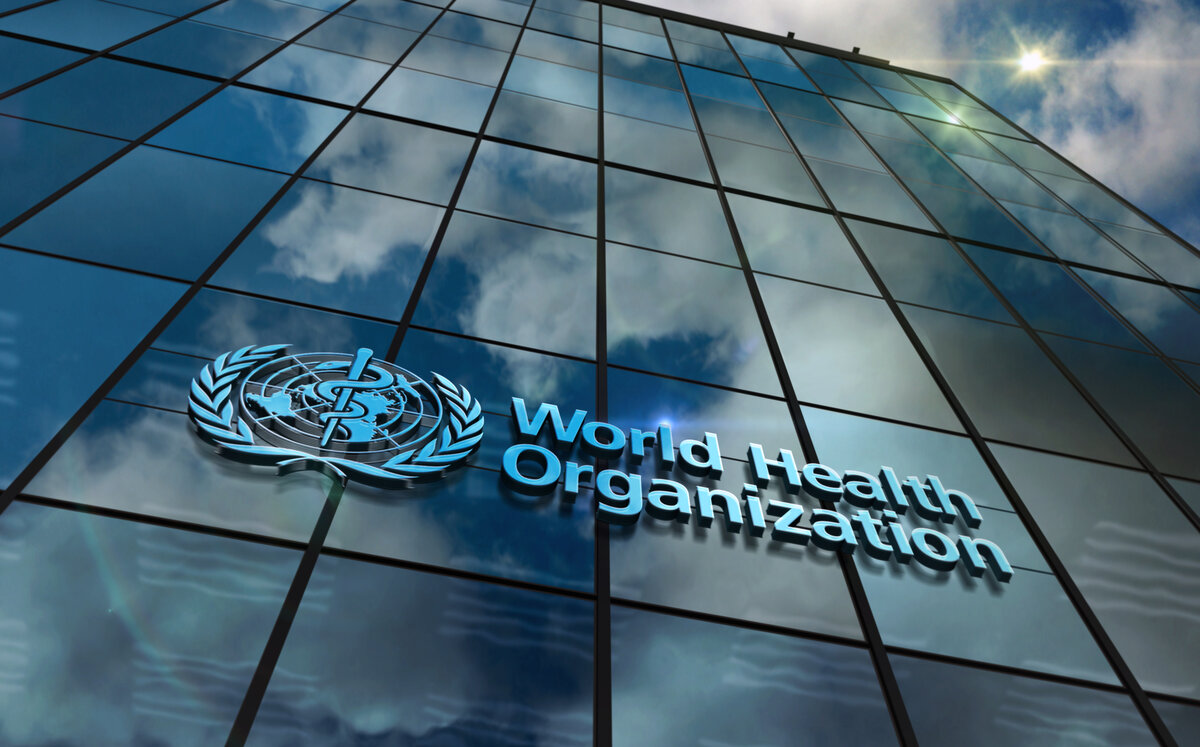Our Terms & Conditions | Our Privacy Policy
Hungary to consider withdrawing from the WHO and UNESCO: Will it follow the example of the USA?
Hungary is considering following the United States in withdrawing from the WHO and UNESCO, a move that could reshape the organisations’ future. With the US being one of the WHO’s largest financial contributors, its departure may create a funding gap and shift the balance of influence within the organisation. As Hungary evaluates its membership, questions arise about potential financial burdens on remaining states and the broader impact on global health coordination, particularly in the face of future pandemics.
Following the USA’s footsteps
Portfolio writes that Hungary may follow the United States in withdrawing from international organisations such as the WHO and UNESCO, according to Minister Gergely Gulyás. He stated that if the world’s largest economy chooses to exit such bodies, Hungary should also consider doing the same. Gulyás emphasised that it would be reasonable for Hungary to evaluate its membership in any organisation the US departs from voluntarily. He said:
If the most powerful country in the world decides to leave an international organisation, I think the Hungarian government is acting in the right way if it considers whether we should also take this step. We may come to the conclusion that we should not do it, (…) but in any case it is worth considering.
 Photo: depositphotos.com
Photo: depositphotos.com
Increased fees for Hungary?
The United States currently funds 14.5% of the WHO’s budget, with two-thirds of its USD 1.3 billion contribution exceeding the mandatory membership fee. If the US proceeds with its withdrawal, the Bill and Melinda Gates Foundation, which provides 14%, could become the largest donor. As the USA covers nearly a fifth of the operational costs of various UN bodies, its departure could lead to increased financial obligations for remaining member states, including Hungary.
USA could prompt a domino effect
The USA’s withdrawal from the WHO could prompt other member states to reconsider their commitment, potentially weakening the organisation’s stability and effectiveness. As a key financial contributor, the USA plays a vital role in supporting global health initiatives, and its departure could create a funding shortfall. Additionally, the absence of such a major global player may leave a power vacuum, allowing other countries to exert greater influence over WHO policies, potentially altering its priorities and decision-making.
What would happen in case of a pandemic?
While the WHO has faced criticism, particularly over its handling of the coronavirus pandemic, further weakening its structure may not be the best outcome. In a globalised world where pandemics remain a constant threat, a coordinated international response is crucial. Reducing the organisation’s authority and resources could undermine its ability to manage future health crises effectively, posing a significant risk to global public health.
 Illustration. Source: FB/Koronavirus gov
Illustration. Source: FB/Koronavirus gov
Read also:
Featured image: depositphotos.com
[ad_1]
Images are for reference only.Images and contents gathered automatic from google or 3rd party sources.All rights on the images and contents are with their legal original owners.
[ad_2]



Comments are closed.